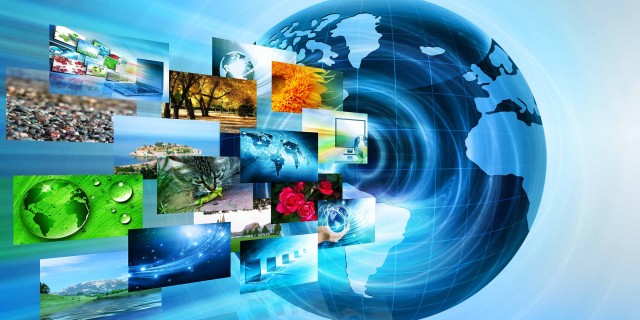Entertainment has undergone a remarkable transformation in recent years, driven by the rapid advancements in technology. From the way we watch movies and listen to music, to how we discover new content and engage with it, technology has revolutionized the entertainment industry, reshaping our experiences and interactions with media.
How Has Technology Changed the Entertainment Industry
The rise of streaming services
One of the most significant changes brought about by technology is the rise of streaming services. Gone are the days when we had to wait for our favorite shows to air on television or visit the movie theater to catch the latest releases. Today, platforms like Netflix and Disney+ have made it possible to access a vast library of content at the touch of a button, allowing us to binge-watch entire seasons or movies whenever and wherever we want.
While streaming services have provided unparalleled convenience and personalized content recommendations, they have also raised concerns about the future of traditional media and its impact on the entertainment industry’s revenue models.
The evolution of music consumption
The music industry has also experienced a shift due to technology. Physical albums and CDs have given way to digital music platforms like Spotify and Apple Music, which allow users to stream millions of songs on demand. This transition has not only changed the way we consume music but has also transformed the relationship between artists and fans.
On one hand, streaming has made music more accessible and has opened up new revenue streams for artists through royalties and licensing agreements. On the other hand, it has also led to concerns about fair compensation for musicians, as well as the potential impact on album sales and the overall music industry’s business model.
The impact of social media on entertainment
Social media platforms have become powerful drivers of entertainment trends and consumption. YouTube, TikTok, and Instagram have given rise to a new breed of content creators and influencers, who have amassed massive followings and are shaping the way we discover and engage with entertainment content.
User-generated content has become a force to be reckoned with, with viral videos and challenges capturing the attention of millions and sometimes even leading to mainstream success. Social media has also enabled a more direct connection between entertainers and their fans, fostering a sense of community and facilitating real-time interactions.
Virtual reality and augmented reality
Virtual reality (VR) and augmented reality (AR) are two technologies that are poised to revolutionize the entertainment industry even further. VR immerses users in a fully digital, simulated environment, while AR overlays digital elements onto the real world.
These technologies are already being used in various forms of entertainment, such as video games, movies, and live events. For example, VR headsets allow gamers to experience truly immersive gaming experiences, while AR applications can bring movie characters and environments to life in our living rooms. As these technologies continue to advance, they hold the potential to create even more immersive and interactive entertainment experiences.
Conclusion
Technology has undoubtedly transformed the entertainment industry in profound ways, from how we consume content to how we discover and engage with it. As we look to the future, it’s clear that the entertainment landscape will continue to evolve, driven by emerging technologies and changing consumer preferences. While these changes bring both opportunities and challenges, one thing is certain: the way we experience entertainment will never be the same.




































Discussion about this post